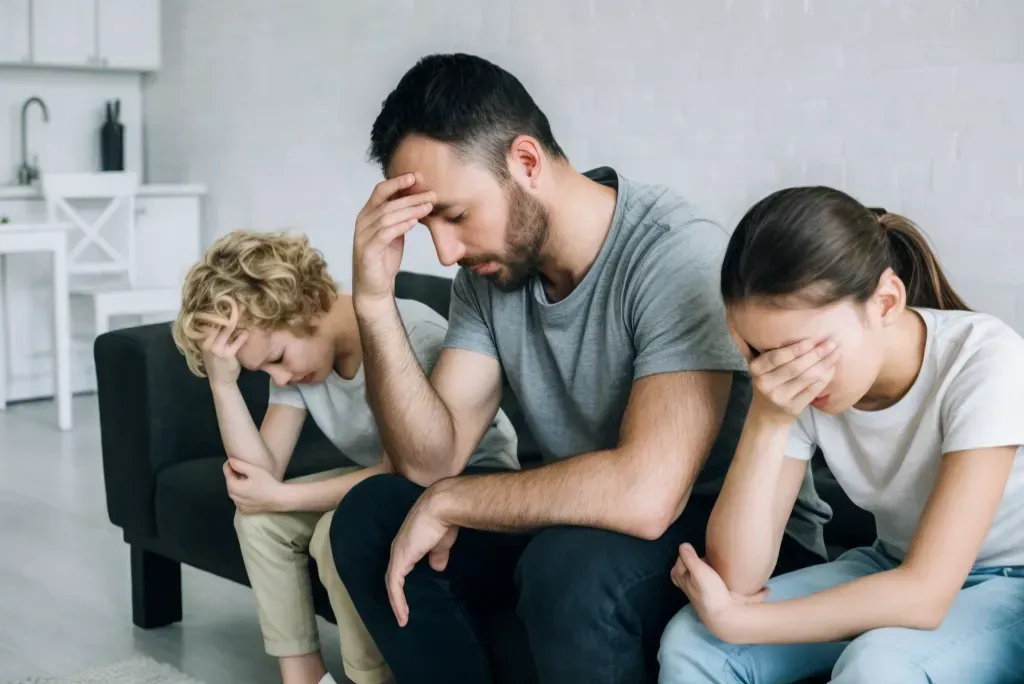Explore Our Blog
Anger & Domestic Violence – Part 2: How Childhood Trauma Can Lead to Anger and Abuse in Adulthood
Advance Minds Blog
A safe space to explore subjects within the community such as mental health, substance abuse and personal identity.
Our safe space also provides the opportunity for real individuals to express their hardships and success through writing.
Childhood trauma doesn’t excuse violence, but it does help us understand where destructive patterns often begin.

The Hidden Impact of Early Trauma
Children who grow up in chaotic, violent, or emotionally neglectful homes often learn that anger equals power—or that love equals fear. When a child sees abuse, they may internalize those behaviors as normal.
Even if they vow to never repeat what they witnessed, the emotional scars can reappear later in life, especially under stress or in close relationships.
🧠 How Trauma Shapes Emotional Development
Trauma can freeze emotional growth.
A child who had to survive fear, rejection, or abandonment may grow into an adult who struggles to manage big feelings.
They may not know how to express vulnerability, ask for support, or regulate their emotions—especially anger. Instead, they lash out, shut down, or try to control situations to feel safe again.
🚩 Common Patterns Passed Down
Unhealed trauma can silently guide a person’s reactions. Some signs include:
- Intense or unpredictable outbursts
- Hyper-sensitivity to perceived disrespect
- Shaming others as a way to avoid feeling shame
- Controlling behaviors driven by fear of abandonment
- Difficulty trusting even loving partners
These behaviors aren’t random—they’re protective responses that no longer serve a healthy adult life.
🧍♂️ The Cost to Relationships
When trauma-fueled anger becomes a pattern, it damages partners, children, and trust.
It can create cycles of fear, confusion, and emotional withdrawal. Even if there’s no physical violence, emotional volatility alone can deeply harm the people closest to us.
🛠 Healing the Inner Child
To change outward behaviors, we must first understand the inner wounds. This involves:
- Exploring your childhood story with honesty
- Noticing how old survival patterns show up today
- Learning emotional regulation tools
- Practicing self-compassion alongside accountability
Therapy can help break these inherited cycles—and build new ones based on connection instead of control.
💬 Trauma Isn’t a Life Sentence
You are not doomed to repeat what hurt you.
Understanding your own trauma is a powerful first step in breaking the chain. It takes courage to face the past—but doing so gives you the freedom to choose something better for yourself and those you love.
🌿 Final Thoughts 💞🌈
Childhood trauma leaves deep marks, but they do not define your future.
If anger and fear are running your life or relationships, you can stop the cycle.
With honesty, help, and healing, what began in pain can end in strength, empathy, and real transformation.

















